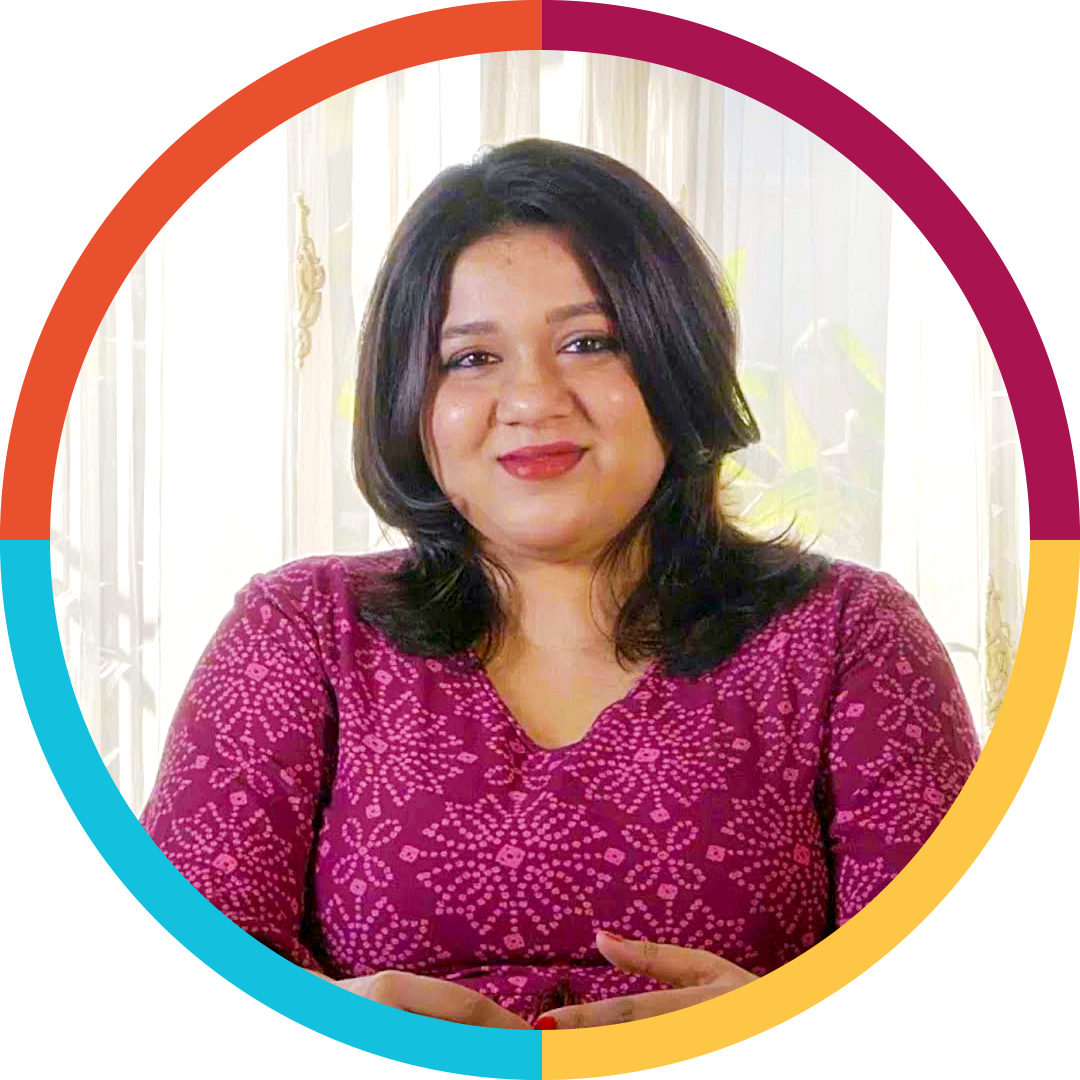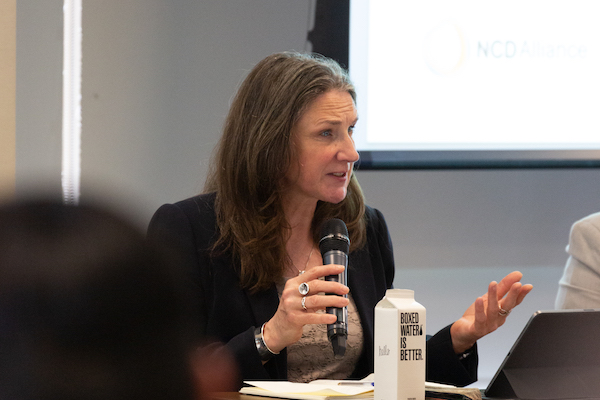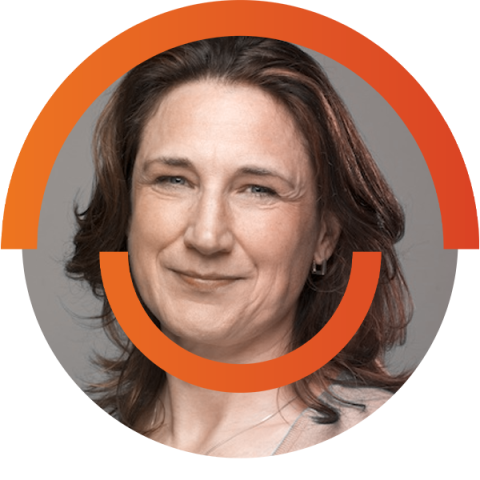At the United Nations Multistakeholder Hearings held on 8-9 May, ahead of three UN High-Level Meetings (HLM) on UHC, tuberculosis and pandemic preparedness coming up in September, speaker after speaker asserted that we needed “more political will” to make health a priority for governments post-pandemic. We also heard that progress has stagnated on Sustainable Development Goal 3 to achieve Health for All. World Health Organization Director-General Dr Tedros Adhanom Ghebreyesus declared that the COVID-19 pandemic had ended and was no longer a public health emergency on 5 May, just days before the hearings. But it would seem the urgency to prioritise global health had ended long before.
The first UN HLM on Universal Health Coverage (UHC) in 2019 saw some big commitments made, and the need for these were confirmed during the outbreak of the COVID-19 pandemic shortly after. Over the past few years, we have seen how important health and health systems are, yet we have not seen enough of those commitments become reality. Other civil society members will surely agree, we are tired of talking about how governments are failing to fulfil their promises to put population health first. Still, we have no other option but to keep on saying it - as so many of us did at the hearings - and keep on hoping that this year’s discourse will result in concrete action.
Aligning priorities to accelerate progress
The hearings were a great opportunity for participants from diverse backgrounds and constituencies to identify commonalities and cross-cutting issues in global public health discussions today. For us representing NCDA, they also allowed us to get a feel for the direction of public health policy going into the World Health Assembly and the HLMs, and gain a better sense of our own advocacy priorities in the lead up to September. Member States emphasized that civil society should continue to advocate, but that governments need to hear aligned messages, and coherence within and across the three HLMs and drafting processes of the Political Declarations.
Trying to influence one high-level meeting in a year is a big task - working on three is stretching civil society and Member States' health diplomacy corps alike. It was encouraging to see that all stakeholders were able to drive home the cross-cutting issues during the hearings - like the need to keep up momentum on strengthening health systems - but that Member States were also willing to take a more integrative approach. UHC2030 has produced an Action Agenda that aims to help align messaging for civil society and other global health actors. Its main asks were showcased in the UHC Hearing; yet it felt like the speakers from the floor could have done more to align their statements with this framework, to help build volume and momentum in a compelling campaign for UHC for all.
NCD Alliance has a clear set of priorities that are well-aligned with the UHC2030 Action Agenda. These are INVEST in the prevention and control of NCDs through adequate, predictable, and sustained resources for UHC; ACCELERATE UHC implementation by including quality NCD prevention and care services in country UHC health benefit packages; ALIGN development and global health priorities to achieve UHC; and ENGAGE people living with NCDs to keep UHC people-centred.
It was heartening at the debrief session after the hearings to hear a strong alignment with these in the key headings reflected by a representative of the co-facilitators, Thailand and Guyana. Within these overarching priorities, some more specific points were highlighted, like primary health care being fundamental to UHC, the need to fortify and protect our health workforce globally, and the localisation of UHC delivery involving local governments and community health workers. Access to diagnostics, medicines and treatments was another major theme, and of course so was the need for increased investment and sustainable financing. There was much focus on how to hold governments accountable for the commitments that they make, and the importance of monitoring and disaggregated data to ensure we are tracking integrated and equitable health services. And finally, we were pleased to hear so much support for social participation included in the design, delivery, evaluation of health policies and services.
Progress on NCDs is slow, but still moving forward
While there has been limited progress on SDG 3 as a whole, we do recognise that there have been very significant gains for the NCD community. NCDs were left out the Millennium Development Goals but have picked up momentum since the first High-Level Meeting on NCDs in 2011. This led to their inclusion in the Sustainable Development Goals (SDGs) at target 3.4 in 2015, and there is a fourth High-Level Meeting on NCDs planned for 2025. NCDs were also mentioned by various speakers during the hearings, including a powerful discourse by NCD Diarist Nupur Lalvani who was on one of the UHC panels. NCDA President-Elect Monika Arora took the table at the high-level lunch as well.
In addition to taking part in the hearings, NCDA held a side event entitled, “Enabling People Living with NCDs’ Right to Health through UHC,” which was co-hosted with the Permanent Mission of Jamaica to the UN, the WHO Office to the United Nations, and The Leona M. and Harry B. Helmsley Charitable Trust. At the event, we released the NCDA report on out-of-pocket spending, “Paying the Price” which highlighted the economic burden people living with NCDs and their households face, the coping mechanisms they use, and the continuous impacts it has on employment and livelihoods, education, nutrition, and gender equality. The report also draws from NCDA’s “NCD Diaries” project and features first-hand accounts about the challenges faced in continuing care and how current systems don’t have the capacity to treat NCDs nor serve those seeking their services.
We continue to hope that this will be the year that political will kicks in and all of this changes so that we can achieve Universal Health Coverage that commits to the prevention and control of NCDs and other health priorities.





